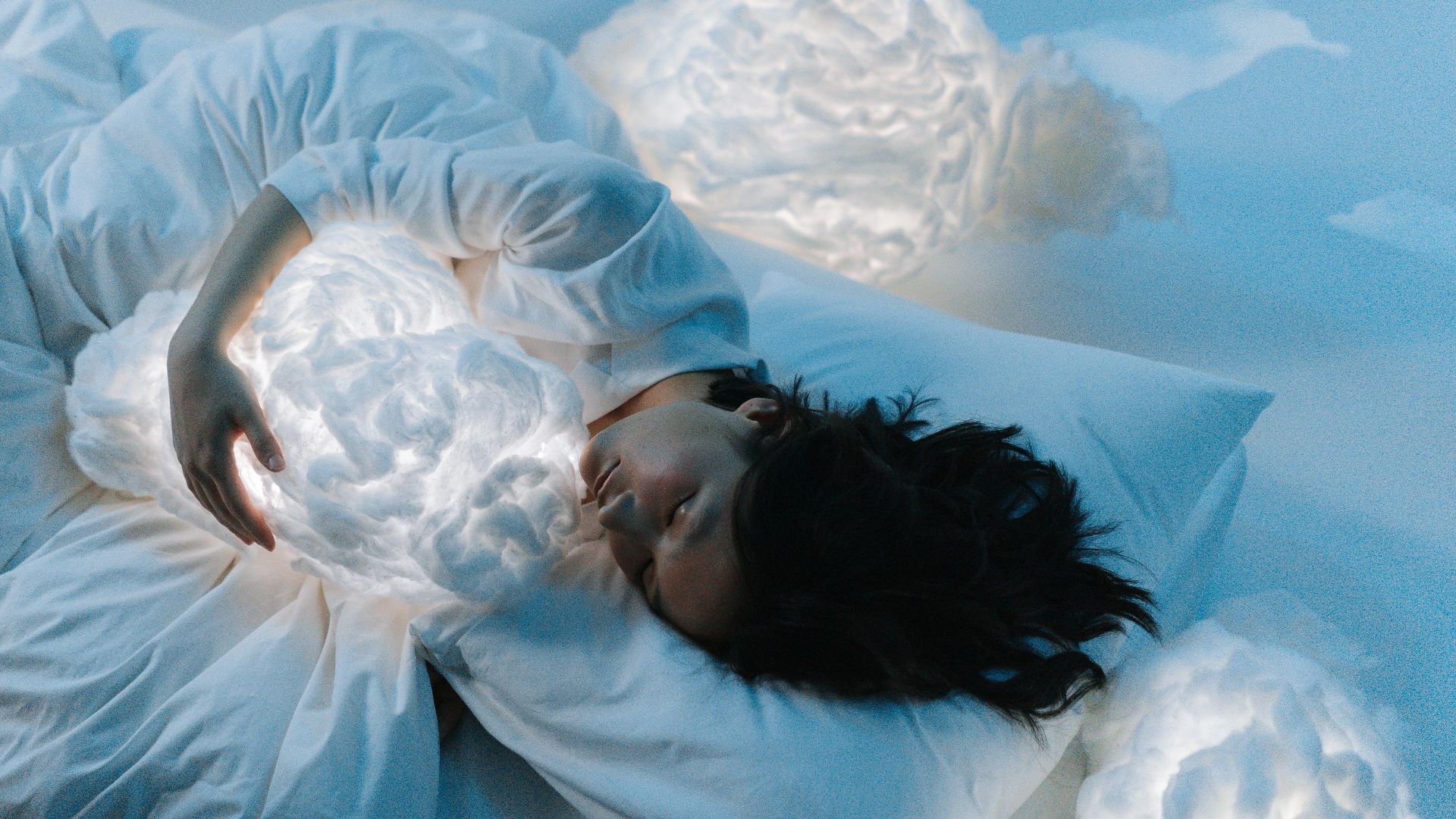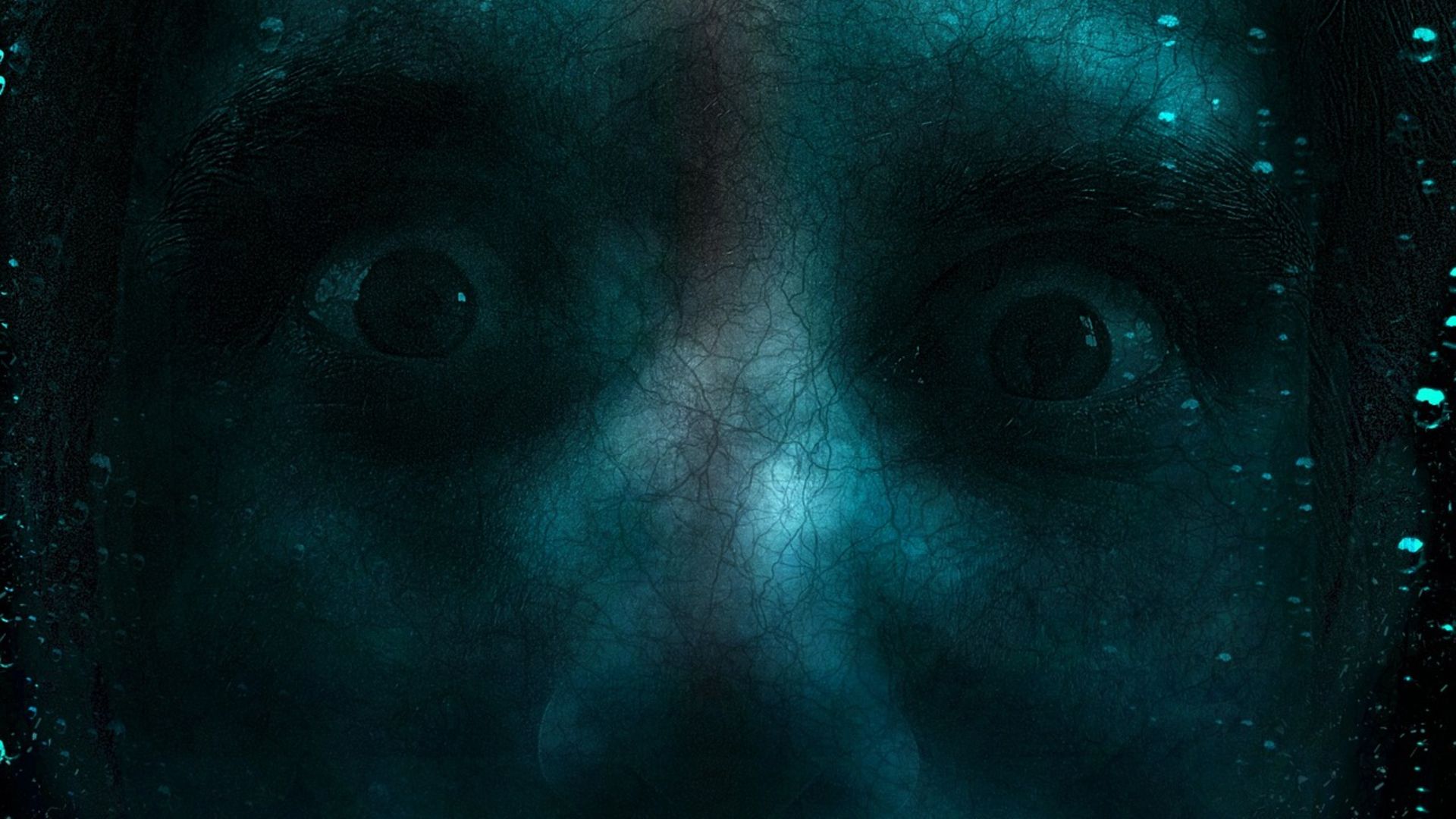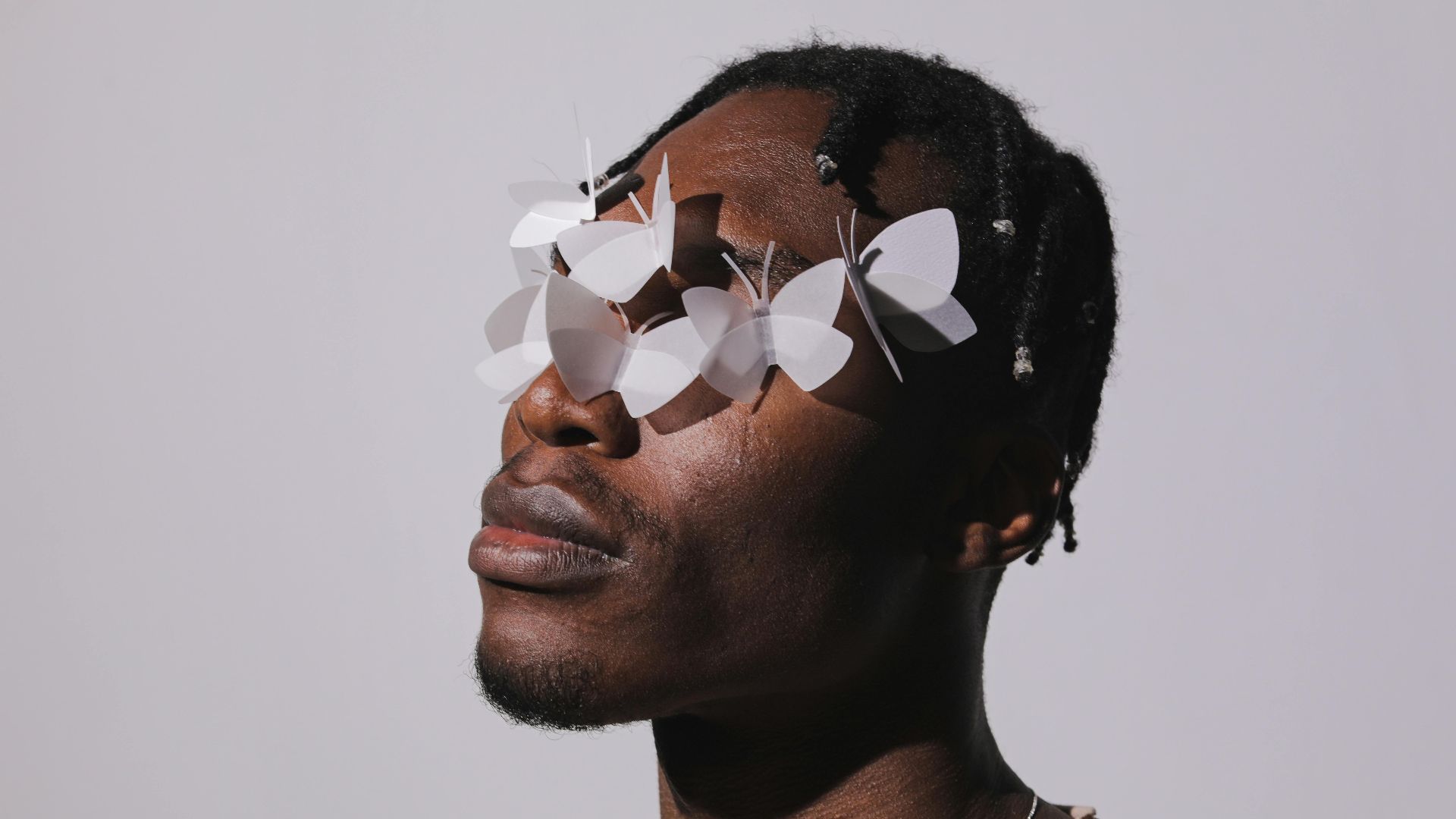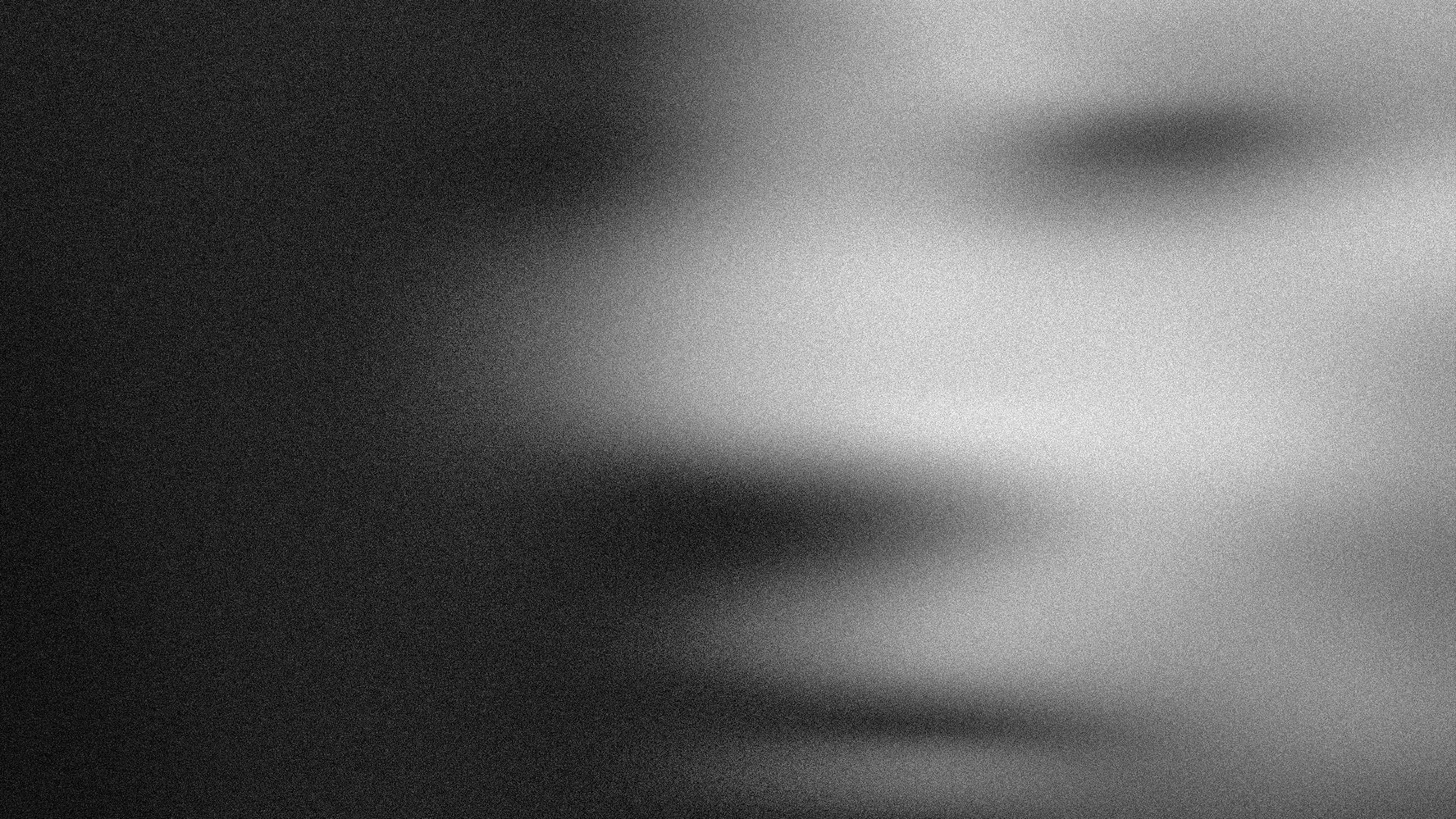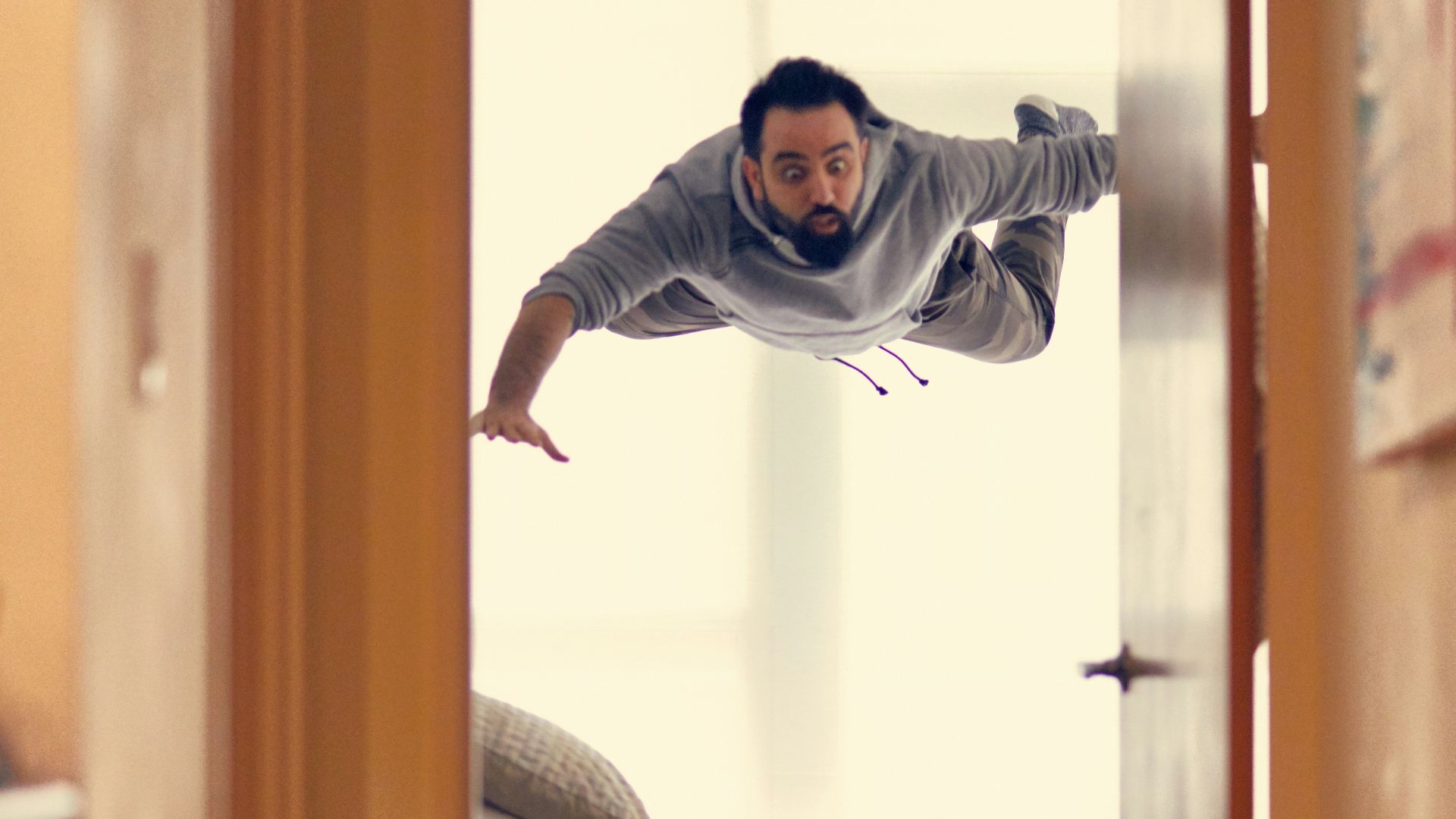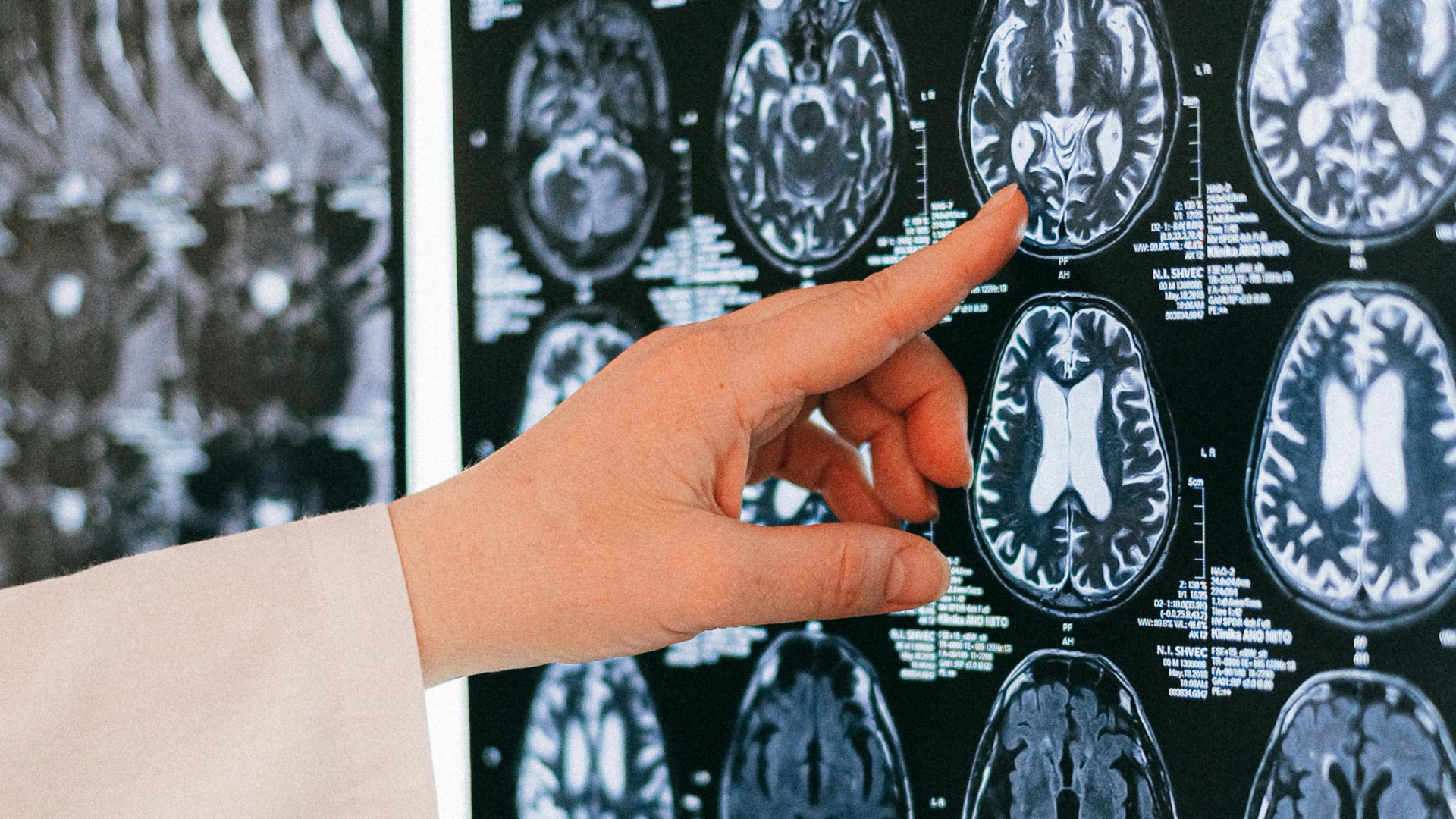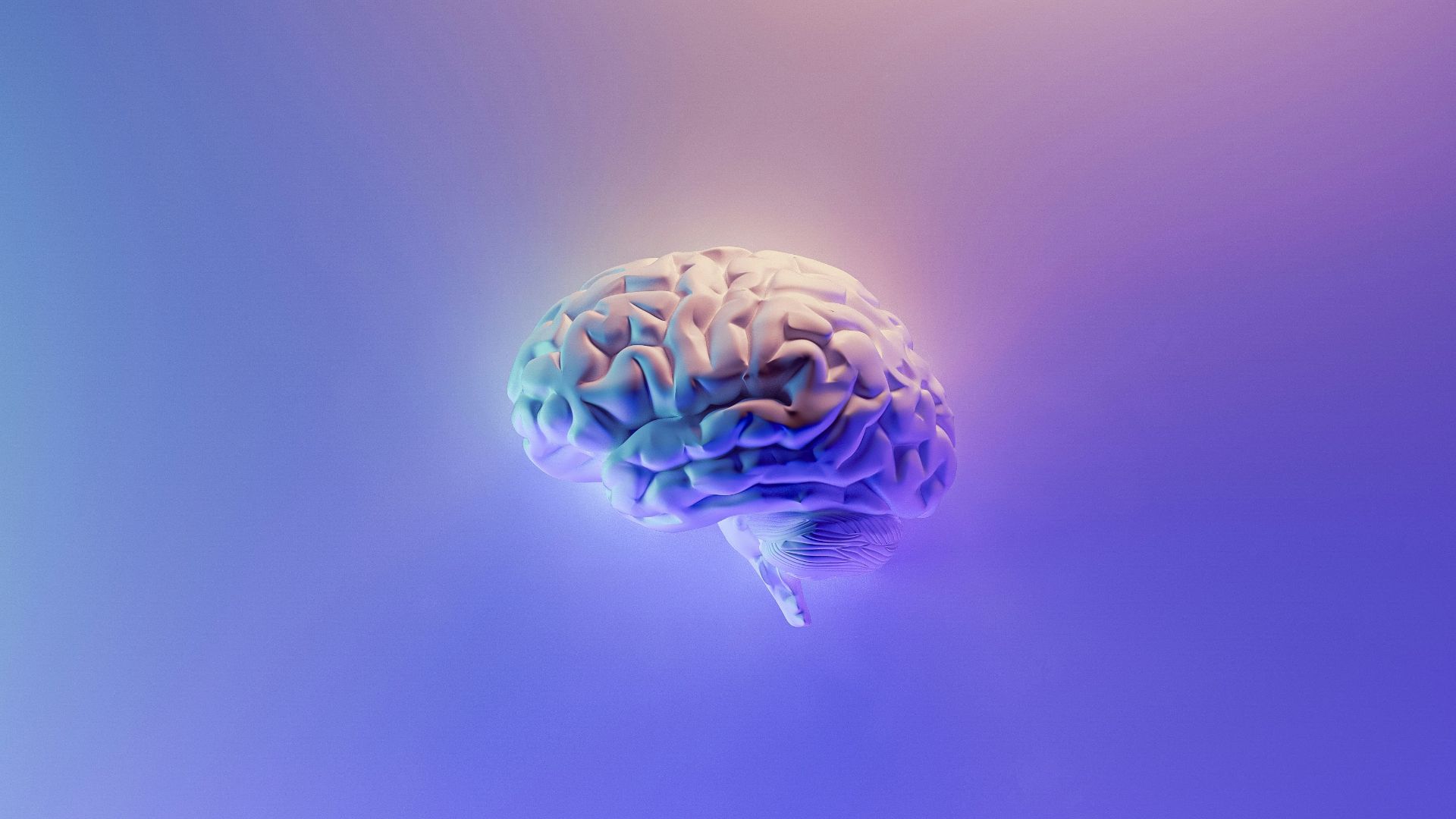Pinch Me, I Must Be Dreaming!
It's mind-boggling to realize how much and how little we understand about dreams. Dreaming is a complex phenomenon that every human being experiences. Did you know you have what it takes to control lucid dreaming? Find out what happens when you drift off to dreamland:
1. You Can Control Your Dreams
Imagine having the ability to take control of your dreams; anything is possible. Lucid dreaming makes you the narrator, and through a semiconscious state, you have the power to weave the storyline. You don't have to be a superhuman; anyone can learn how to lucid dream, but it takes intense dedication.
 Bruce Christianson on Unsplash
Bruce Christianson on Unsplash
2. Partial Brain Shut-Down
The prefrontal cortex is the part of your brain that makes sense of your experiences during waking hours. When you're asleep, this part of your brain also takes a nap and stops functioning. This shut-down is why dreams are often bizarre and don't make sense.
3. Nightmares Are More Common
Unfortunately, bad dreams occur more often than good. Part of the reason for nightmares is due to the amount of stress and anxiety people experience in their everyday lives. Experts believe the brain's fear center is highly active during sleep and could cause negative dreaming.
4. Sleep Paralysis
You can't move when you're dreaming which can lead to sleep disorders like paralysis. Sleep paralysis is when you become temporarily paralyzed as you wake up from a deep slumber. In this paralyzed state, many people hallucinate or start sleepwalking but can't move any more than that.
5. Most Dreams Are Forgotten
Even when you wake up from a vivid dream, the details are typically blurry. Dream recall is most profound as soon as you wake up and gradually fades with the day. Some days you wake up thinking you didn't dream at all and you'll never find out if you did.
6. Animals Dream Too
Have you ever seen a dog whimper while they snooze? Studies have been done on sleeping animals, showing the same brain waves as dreaming humans. Experts believe that many other animals have dreams too but without any storylines.
7. We Don't All Dream In Color
It is all black and white for some people. While most of us dream in color, there are folks who dream exclusively in black and white like an old-timely film.
8. Blind People Can Dream
Research shows that people who became blind later in life can still visualize images in their dreams. People born blind will have dreams too but they won't picture any imagery, they'll experience vivid dreams of their remaining senses.
9. Memories Influence Dreams
Daily life experiences flow into your subconscious, storing content to replay in your dreams. Some scientists will argue that short-term and long-term memory progression also occurs while you're dreamland. Many believe that even the most peculiar dreams are crafted by memories.
 Octavio J. García N. on Pexels
Octavio J. García N. on Pexels
10. Familiar Faces
You might think you're creating characters in your weird dreams but research will say that's untrue. We are more likely to dream of people we've encountered in our lives, even if we don't think we recognize them when we wake up. You could be dreaming of someone you passed by once or of your spouse you see every day.
11. Night Terrors
Some people are prone to night terrors which can happen at any moment of sleep. Night terrors are extreme nightmares that cause people to shout, cry out, or move erratically in their sleep. A night terror doesn't always wake you up and in some cases, you only know you had one because you woke somebody up who will tell you.
12. Less Stress Means Better Dreams
It makes sense that if your waking life is joyful, your dreams will reflect that happiness. Negative emotions will often stir up nightmares and positive feelings will conjure a pleasant dream. Stress management will help ease your sleeping mind and prevent bad dreams.
13. Common Dream Themes
Although everyone has unique dreams and experiences, there are common themes many folks can relate to. Some of the most dreamt episodes involve losing your teeth, flying without wings, being unable to move, or having no clothes on in public.
14. Dream Interpretation Is Not Factual
Hate to relay the bad news but dream interpretation might not be as accurate as we once believed. Scientists are finding it challenging to decipher what the content of our dreams actually means. Some believe that dreams are completely random and have no purpose or deeper meaning. But if it helps you sleep at night, keep a dream journal and see what connects.
15. Shared Dreaming Is Real
To western science, shared dreaming is for movies like Inception, but many cultures around the world have had shared dreaming experiences. It's more common for tight-nit groups and spiritual people to relay dreams they've had that connect with others' dreams. You could argue that these people have also mastered lucid dreaming.
16. Dreams Happen Most During REM
During REM sleep, your eyes are moving rapidly as you deeply rest. You may be in deep sleep, but your heart rate and blood pressure may increase. At this time, you're very likely to start weaving some strange and illogical tales.
17. Evidence Contradictions
Neuroscience and psychoanalytic research will show contradicting results with their different approaches. Neuroscientists analyze the structures of dream production, organization, and storyline. On the flip side, psychoanalysis focuses on the meaning behind dreams and the relations to their context.
18. Dreams & Our Senses
The senses we use in our dreams may impact us when we wake up. Studies have shown that people experiencing migraines claimed to have more dreams involving taste and smell. Sometimes you may have a dream about an injury and wake up with a sore spot.
 Aarón Blanco Tejedor on Unsplash
Aarón Blanco Tejedor on Unsplash
19. Two Sides Of The Brain
Experts will tell you that the right and left hemispheres of the brain contribute to your dreams differently. The left side provides the origin of your dreams while the right side is responsible for its clarity and figurativeness. Left-handed folks may be more likely to experience lucid dreaming or recall past dreams within a new dream.
20. Can Dreams Predict The Future?
There is some evidence to prove that some dreams may predict the future. Results can be unclear due to coincidence, false memory, or the unconscious mind making relative connections. Who knows, the more we study dreams, the closer we may come to seeing the future.
KEEP ON READING



